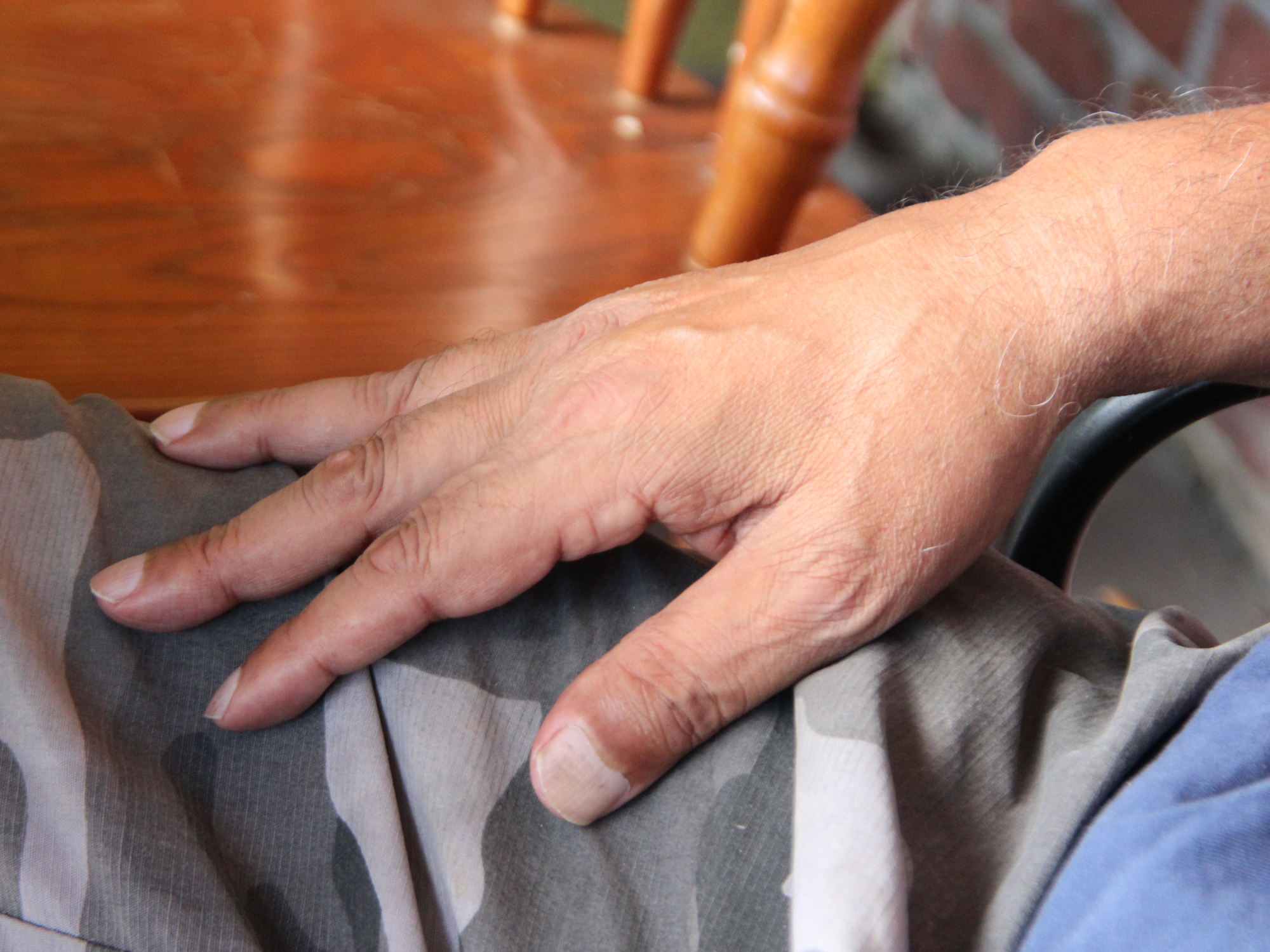On Jan. 6, 1962, a young Miguel Capestany was forced to leave his native Cuba, one of many unaccompanied children sent to the United States as part of Operación Pedro Pan, or Operation Peter Pan.
The U.S. government program aimed to protect children, a result of worried Cuban parents under the newly instated Castro government.
Capestany, now 62, said his parents didn’t want their only child to be part of el sistema — the system.
And so, there was the young Capestany, far from his hometown of Remedios, a city located in the center of the island known among Cubans for its Christmas festival, Las Parrandas de Remedios.
Remedios is where his father had a large farm, a finca that was like a paradise for Capestany. He had to leave behind its sugar canes, mangoes, sugar-apples, cows and a rose garden.
(LISTEN: Capestany speaks about his childhood in Cuba and having to leave in the below audio clip)
“That was a very difficult period for me because, when I left Cuba, I was 9 years old and I lived comfortably,” Capestany recalled in Spanish. “And when I arrived here, I had to sleep on the floor… and I missed my family a lot… that was a very difficult thing for me.”
Capestany’s light eyes stared ahead. He didn’t want them photographed, so he agreed on his hands.
But, he said, I’m here today.
“The greatest difficulty in my life has been leaving my family on Jan. 6, 1962,” he said. “I left them all alone there, without knowing when I would see them again but that was destiny… and I’m here now.”
When he arrived here, Capestany was sent to a camp for minors in Miami. He felt comfortable in the camp, he said. There, the boy ate Cuban food by Cuban cooks — people who hailed from the same home. It was familiar, but not the same.
“They treated me well, that’s the truth,” he said, “but longing is something that you can’t avoid.”
